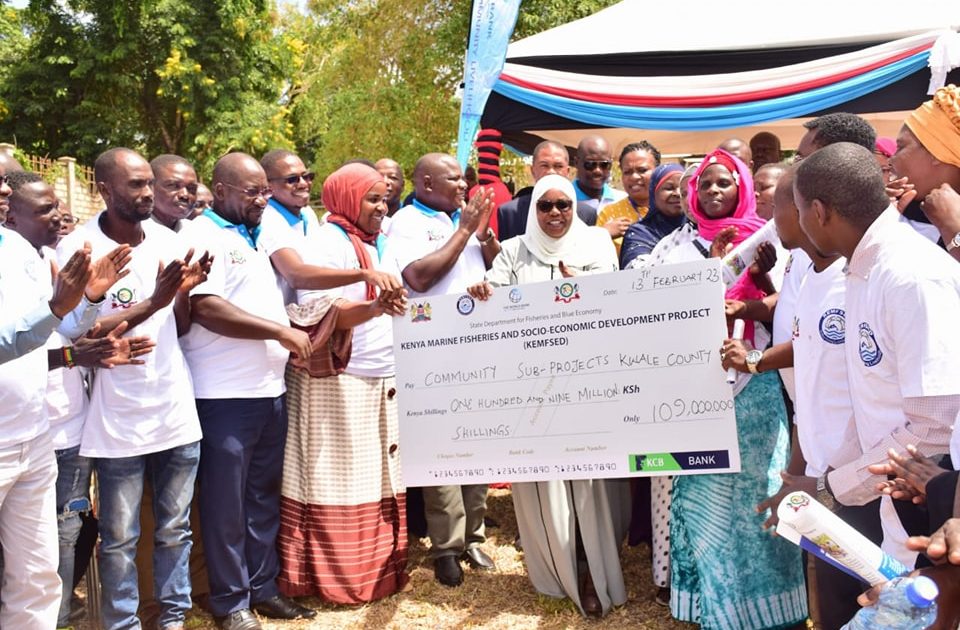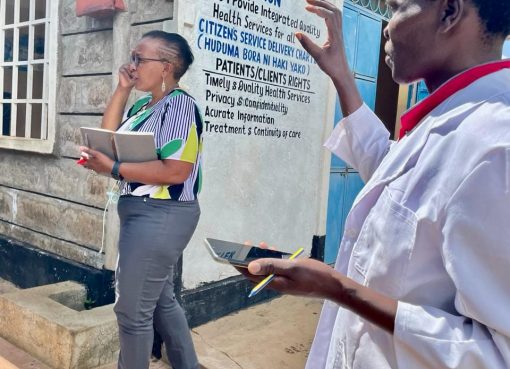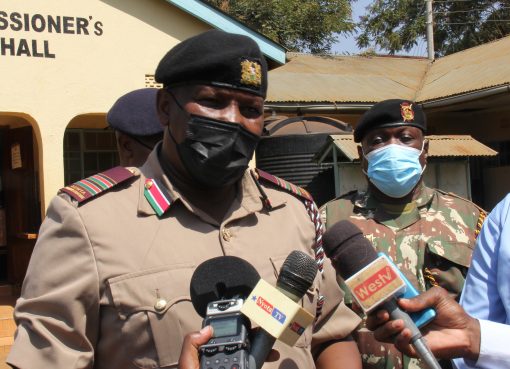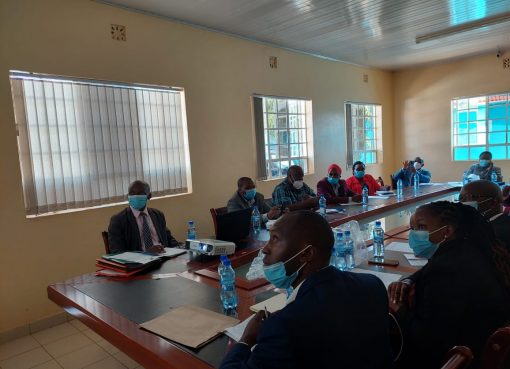The State Department for Blue Economy and Fisheries, through the Kenya Marine Fisheries and Socio-economic Development (KEMFSED) project has disbursed Sh109 million grants for community projects in Kwale County.
KEMFSED is a project sponsored by the Government of Kenya and the World Bank and supports the country in its efforts to leverage emerging opportunities in the blue economy sector.
The multi-billion-shilling project seeks to provide support to community-level initiatives for the conservation and restoration of the maritime environment.
Blue economy sector covers a wide range of economic activities within coastal communities such as fisheries, aquaculture, maritime transport and tourism.
The project duration that would be implemented concurrently in the coastal counties of Mombasa, Kwale, Kilifi, Lamu and Tana River is 2020-2025 with funding worth Sh10 billion to strengthen coastal resilience.
Grants are disbursed with an intent to enhance the livelihoods of coastal communities by enabling innovation, diversification, value-addition, business growth and increased employment.
43 marine conservation groups will benefit from the first round of the blue economy funding launched at an elaborate ceremony presided over by Governor Fatuma Achani at the county headquarters in Kwale town.
She said the grants will have wide-reaching benefits for local residents and economies by boosting coastal resilience, stabilizing shorelines and protecting maritime ecosystems.
“We call on the beneficiaries to utilize the grants prudently to promote a sustainable and resilient blue economy and solve many climate-related problems,” she said, adding that the grants target projects and programmes that boost economic growth, reduce poverty and improve people’s livelihoods.
Governor Achani also issued a further Sh2.2 million to 30 students pursuing blue economy courses through KEMFSED’s scholarship component.
The county boss said individuals already working in the blue economy sector who want to advance their career or those who would like to start to work in the sector are being encouraged to apply for the skills development and training grants.
Achani noted that having the right skills and training can help communities and businesses manage change and the growing need to be more flexible and adaptable within today’s blue economy.
She said the KEMFSED project has provided the beneficiaries with technical support to implement sub-projects to complement income from fisheries, improve social welfare and protect the marine environment.
“These projects include income-generating livelihood activities, environmental conservation and social projects as well as scholarships for students from low-income households,” said Achani.
She hailed the KEMFSED project as one that seeks to respond to the challenges coastal counties face to manage their marine resources to spur socio-economic growth and reduce poverty while adapting to the effects of climate change.
By Hussein Abdullahi





